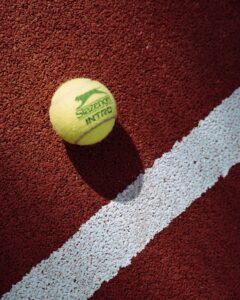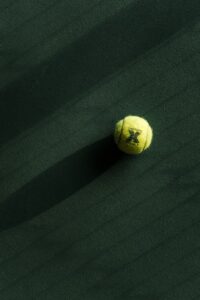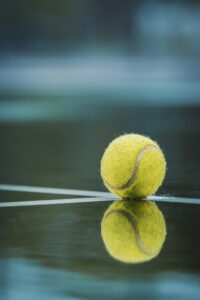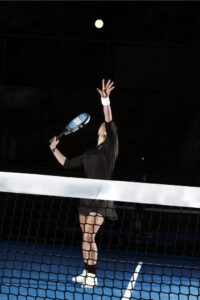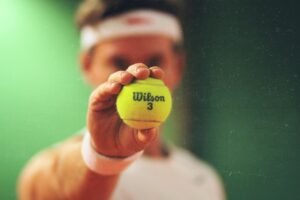Choosing the Best Padel Ball for Different Playing Surfaces.
2 min read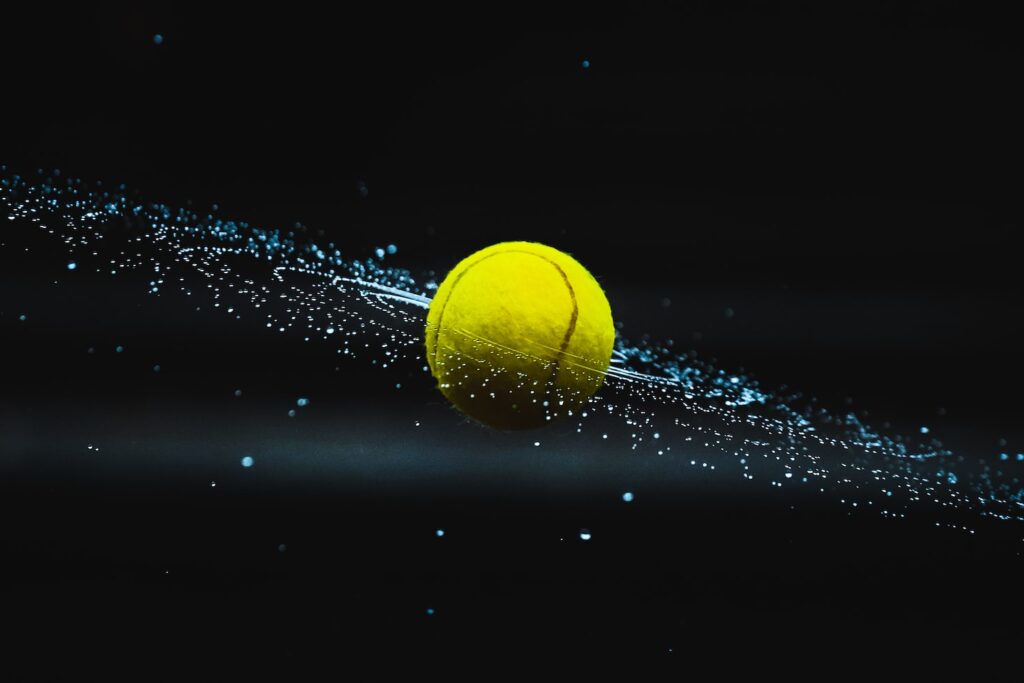
Choosing the Best Padel Ball for Different Playing Surfaces
As a padel enthusiast, it’s essential to choose the right ball to achieve the optimal playing experience. Padel balls are different from tennis balls or other sports balls; they are smaller, heavier, and softer. Therefore, understanding the different types of padel balls and their association with different playing surfaces is crucial. In this article, we are going to explore the best padel balls for various surfaces.
Clay Surface
Clay courts are one popular padel surface, and they require specific padel balls to deliver the optimized playing experience. For instance, Penn Head padel ball is a perfect match for clay surfaces. These balls are bouncier and slower, which is great for a clay court surface where high bounces are common. Also, Penn Head padel balls stick to the clay better, which contributes to more spin on the ball during rallies.
Glass Surface
Glass surface is another popular padel playing surface for indoor matches. Padel balls used in glass surfaces must be cushioned enough to minimize the impact on the glass and preserve the court surface’s quality. Bearing this in mind, Duruss Glass padel balls could be the perfect match for glass surfaces. These padel balls have a softer construction, enabling them to bounce off the glass without causing damage to the court.
Concrete Surface
Concrete surfaces are the most durable padel court surface, and they are popular for outdoor competitions. However, they require relatively heavier and faster padel balls since the court surface is harder, and the ball bounces off it quite quickly. The Head padel tour balls are ideal for concrete surfaces. These balls are heavy enough to retain a line drive or power shots, and they move faster around the court.
Different Elevation Surfaces
Padel courts are not always level, and in instances where elevation comes into play, choosing the right padel ball is crucial. For example, if your court has an elevation of about 1000 meters above sea level, you would need Dunlop Elite padel balls. These padel balls are designed to compensate for the decrease in air pressure, ensuring that the ball bounces as it is intended.
In conclusion, using an appropriate padel ball that is optimized for the surface you are playing on enhances your playing experience. Whether you are playing on a grass surface, clay, concrete, or glass – there is a padel ball that is perfect for you. Paying attention to the various factors affecting playing surfaces like elevation and density will guide you in selecting the right padel ball for your game. So, the next time you go for a match, make sure you always have the right padel ball in your bag. Happy playing!

